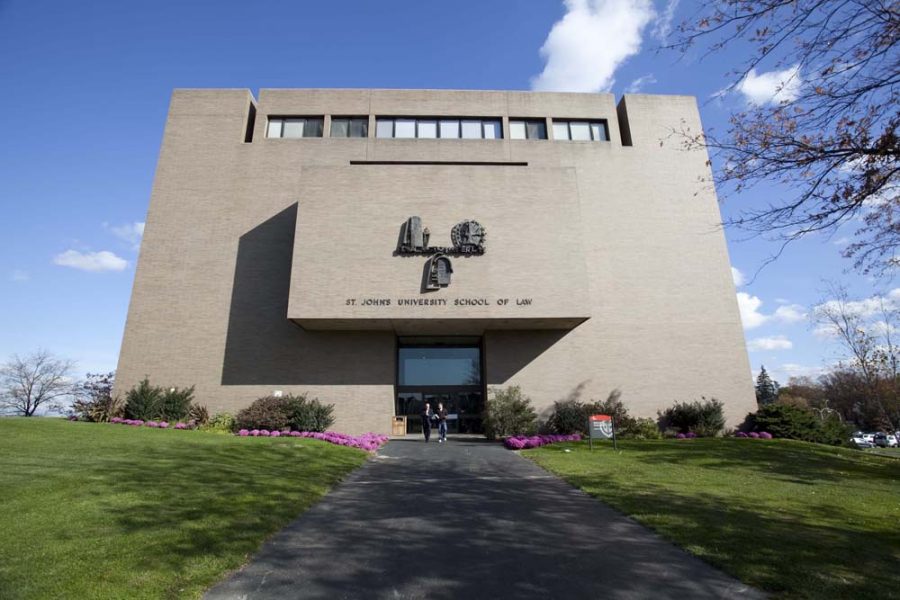Why St. John’s Law Will No Longer Report ABA Data Separately To U.S. News
Recently, Dean Michael A. Simons sent a message to prospective St. John’s Law students, announcing that the Law School will no longer report ABA data separately to U.S. News and sharing the reasons for that decision. Here is his message in full:
Dear Prospective Students,
Earlier this week, U.S. News and World Report—a company that sells rankings of everything from mutual funds to vacation destinations—announced a major overhaul of its law school rankings system. The biggest change is that it will now base its rankings on data that accredited law schools already report to the American Bar Association (ABA). Other changes include putting less weight on subjective surveys, putting more weight on outcomes, and tinkering with several other aspects of the formula.
While this revamp is welcome, it also illustrates the fundamental problem with any formulaic rankings system: That formula may match what you’re looking for in a law school, but it may not. Some factors that may be important to you may not be included at all (for example, U.S. News’ formula does not include location, racial diversity, LGBTQ+ inclusivity, financial aid, or scholarship retention policies). Other factors that may be important to you—such as employment outcomes and bar passage—may be given less (or more) weight than you think is appropriate. And other important factors—like a supportive culture and a caring faculty—may be impossible to quantify.
At one time, the U.S. News rankings provided a valuable service to prospective law students because the company collected and disseminated information that wasn’t otherwise available to the public—particularly about employment outcomes and bar passage rates. Fortunately, the ABA now collects far more data and shares it with you for free. For that reason, St. John’s Law, like many other law schools, will no longer report our ABA data separately to U.S. News.
As you undertake your law school search, I encourage you to gather as much data as possible from the ABA and its published Standard 509 Disclosures. That data includes admission standards, scholarship policies, curricular offerings, class sizes, student-faculty ratios, student diversity, faculty diversity, debt loads, employment outcomes, bar passage rates, and more. I also encourage you to visit—either virtually or in person—the schools you’re considering.
To support you in your search, we created a new web page that collects key data about St. John’s Law in one easily accessible place. You’ll see that our priorities are clear: we focus on bar passage, employment, and other outcomes that matter most to students and on creating the supportive, caring, and inclusive learning environment that makes those outcomes possible.
Michael A. Simons, Dean and John V. Brennan Professor of Law and Ethics

